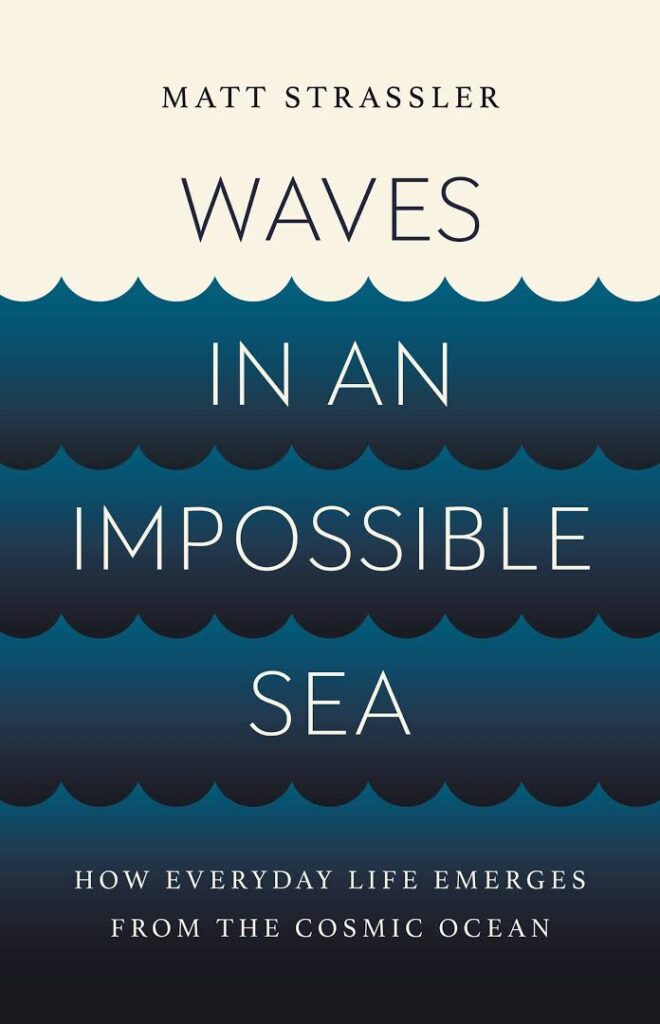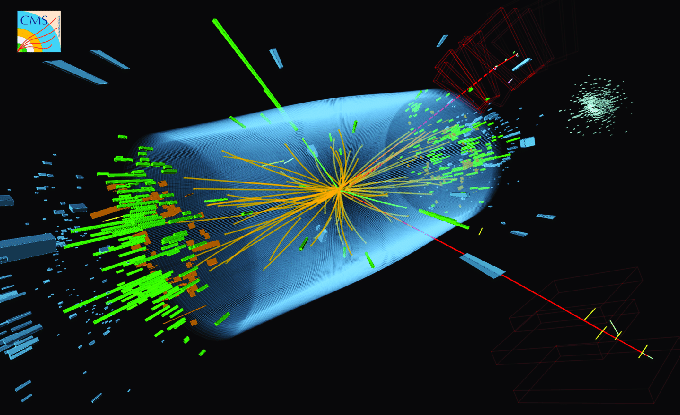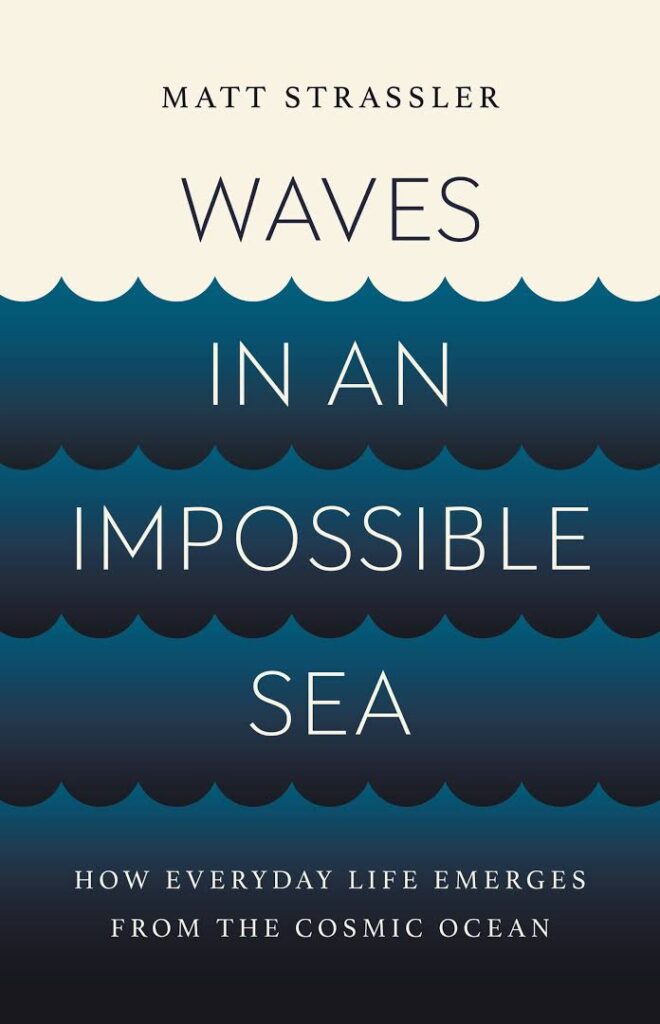About a month ago, there was a lot of noise, discussion and controversy concerning CERN‘s proposal to build a giant new tunnel and put powerful new particle accelerators in it. This proposal is collectively called the Future Circular Collider (“FCC”). (The BBC reported on it here.)
Some scientists made arguments that FCC is a great idea, based on reasoning that I somewhat disagree with. Others said it would be a waste of money, based on reasoning that I again disagree with. But any decision on whether to actually fund the building of the FCC’s tunnel is still some years off, so I was reluctant to get involved in the debate, especially since my nuanced opinion seemed likely to be drowned out amid the polemics.
But I did eventually write something in response to a reporter’s questions, and looking back on it, I think it may be of interest to some readers. So here it is.
(more…)


